
GW Pharmaceuticals stated that it plans to bring the drug to market in the United States in the next 6 weeks.

GW Pharmaceuticals stated that it plans to bring the drug to market in the United States in the next 6 weeks.

A pilot study has identified a potential link between obstructive sleep apnea and a higher risk of sudden unexpected death in epilepsy.

The associate chief of clinical pediatric neurology, director of the pediatric neurophysiology lab, and director at the Adolescent Epilepsy Center at UCLA spoke about therapeutic options for pediatric epilepsy.

M. Scott Perry, MD, spoke about the industry's excitement surrounding the current treatment landscape for pediatric epilepsy.

The Medical Director of Neurology and Justin Neurosciences Center at Cook Children's Medical Center spoke about the importance of staying up-to-date and informed about this rapidly changing space.
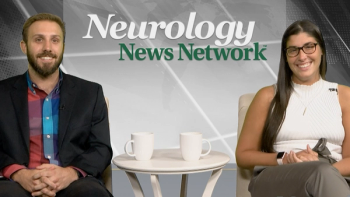
Neurology News Network for the week of September 15, 2018.

The director of the Epilepsy Program at the Banner University Medical Center spoke about the importance of interaction between general neurology and epileptologists.

Jason Lerner MD, discussed the recently opened Adolescent Epilepsy Center at UCLA, a clinic that offers comprehensive care for teens with epilepsy.

The idea of marijuana as a panacea for neurologic conditions has come into play, leading to a need for clarification about the use of CBD for these conditions.

Study findings revealed that AED clearance significantly changes by the first trimester for levetiracetam and by the second trimester for oxcarbazepine and topiramate.

Xenon Pharmaceuticals announced the expansion of its ion channel pipeline as a result of feedback from the FDA.

The director of the Epilepsy Program at the Banner University Medical Center spoke about the needs in patient populations with epilepsy.

Previously, in a 5-year phase I-II trial, the rAAV vector serotype rh.10 showed promising safety data.

The approval is backed by the effectiveness established in 2, 12-week studies in patients with Dravet syndrome, and open-label long-term studies.

A cohort study of over 10,000 participants examined the relationship between midlife risk factors and late-onset epilepsy.

Midazolam is expected to receive a decision from the FDA in early 2019. If approved, it would become the first new medication for this indication in more than 15 years.

A 36-year-old male presents with new-onset tremors of the hands. He is a project manager at a small company, and he is increasingly self-conscious about his condition that is getting worse at his high-stress job.

What are the main types of ketogenic diets and what advantages do they hold for epilepsy management? Take the quiz and learn more.
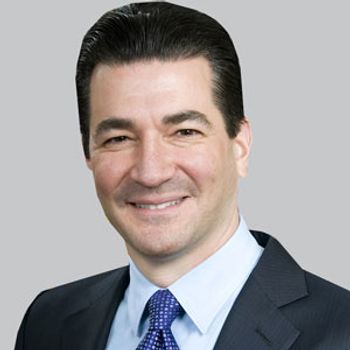
The FDA has approved cannabidiol oral solution for the treatment of seizures associated with Lennox-Gastaut syndrome and Dravet syndrome for patients 2 years of age and older.
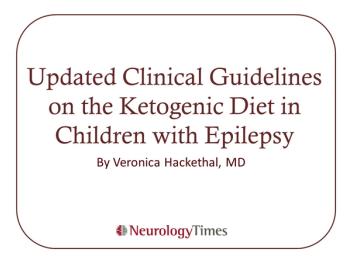
Nearly a decade in the making, revised guidelines provide 8 key points for effective nonpharmacologic treatment of epilepsy in childhood.
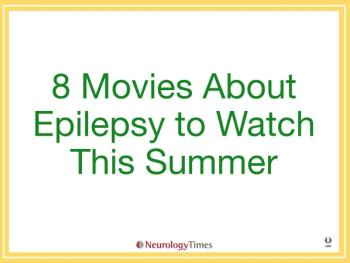
From documentaries to dramas, these movies expose the hidden disability of epilepsy through film and shed light on the topic, potentially helping patients better understand their illness.

The FDA has granted a priority review designation to perampanel for 2 potential new indications for pediatric patients with seizures.
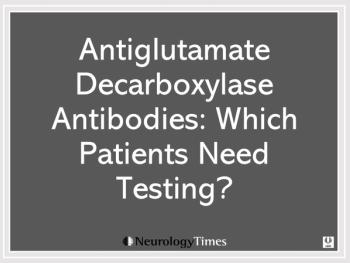
New research may help doctors determine when (and when not) to test for antiglutamate decarboxylase antibodies in patients with neurological disorders and psychiatric symptoms.

Are AEDs safe for children? Take the quiz and learn more.

Seizure risk can be increased by illicit drug use, withdrawal from alcohol, and opioids or benzodiazepines. Which non-neuro medications can increase seizure risk, even when taken as directed? Test your knowledge in this quiz.